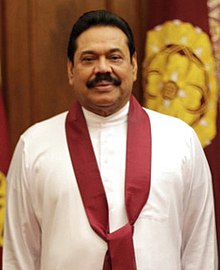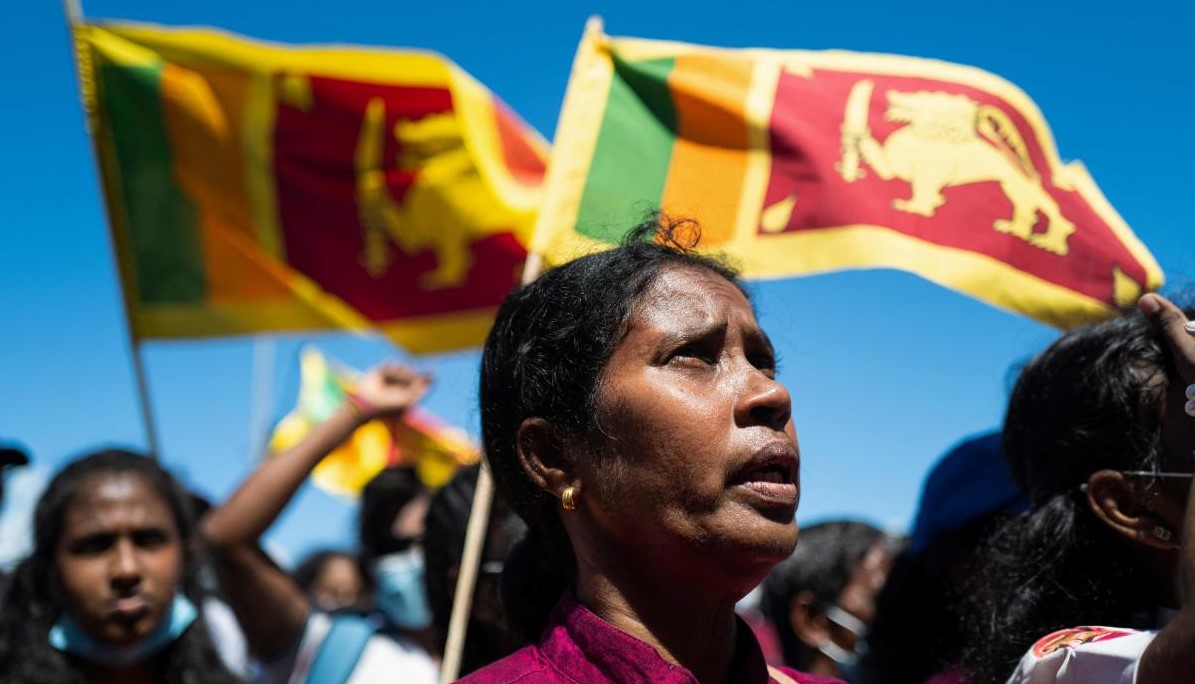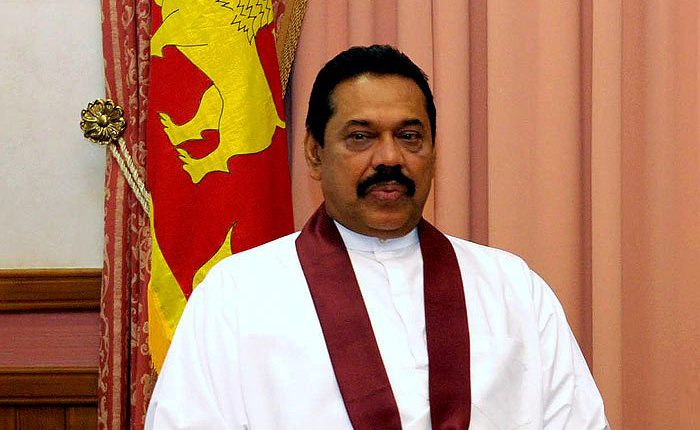The Prime minister of Sri Lanka has shut down non-essential public services to save fuel as the country is virtually entirely without gasoline.

According to Prime Minister Ranil Wickremesinghe, Sri Lanka is insolvent and the excruciating pain of its unparalleled economic crisis will last through at least the end of next year.
The 22 million residents of the island nation Sri Lanka have had to put up with months of soaring prices and protracted power outages because the government ran out of foreign currency to purchase necessities.
According to Mr. Ranil Wickremesinghe, the formerly rich nation will experience a severe recession this year, and severe shortages of food, gasoline, and medicines will persist. The premier acknowledged that issues would still exist in 2024. “This is reality. The truth is what it is.”
He stated that the completion of a debt restructuring plan with creditors by August was a need for Sri Lanka’s ongoing bailout negotiations with the International Monetary Fund.
Mr. Wickremesinghe declared, “We are currently taking part in the negotiations as a bankrupt nation. “Our nation is in bankruptcy, so we must individually present a plan to them outlining how we intend to manage our debt. We won’t reach a deal unless (the IMF) is pleased with that strategy.”
Before an agreement could be reached on a funding arrangement to handle the country’s balance of payments crisis, the IMF stated last week that additional work was required to correct the nation’s finances and reduce its exploding fiscal imbalance.
It has also urged the government to take additional measures to combat corruption and bring
the elimination of expensive energy subsidies, which have long been a burden on the government’s finances. The government of Sri Lanka has shut down non-essential public services in an effort to save fuel as the country is virtually entirely without gasoline.
Tens of thousands of people have lined up outside the few gas stations that are still selling fuel, fighting for the minuscule possibility of obtaining the meager supplies, as no new inventories are anticipated for at least two weeks. According to estimates from the UN, approximately 80% of people miss meals to deal with food shortages and record prices.
Even worse than the grim predictions made by the nation’s central bank, according to Mr. Wickremesinghe, the IMF expects Sri Lanka’s economy to contract by 7% this year.
The fast currency decline over the last several months has virtually eliminated savings, he claimed, and inflation may soar above 60%.
by half the value of savings.
The 73-year-old premier urged people to “think about how this scenario impacts our senior population.” “All of them are becoming poorer.” Sri Lanka is in deep financial trouble, and this is unprecedented. On Tuesday, Sri Lanka, which is in a crisis, lowered the minimum age at which women can work overseas and bring in much-needed funds for the failing economy to 21.

IMAGE SOURCE: https://www.deccanherald.com/international/bankrupt-sri-lanka-rations-fuel-as-crisis-worsens-1101065.html
In 2013, when a 17-year-old Sri Lankan nanny was beheaded in Saudi Arabia for the death of a child in her care, Colombo placed age restrictions on women working abroad.
Following the uproar over the execution, Saudi Arabia raised the minimum age to 25 and only let women older than 23 to travel overseas.
Although Sri Lanka is in government on Tuesday loosened the requirements, especially for Saudi Arabia, as it faced its biggest economic crisis since independence.
According to spokeswoman Bandula Gunawardana, “the cabinet of ministers supported the decision to lower the minimum age to 21 years for all countries given the need to enhance international work prospects.”
With an annual revenue of almost $7 billion, remittances from Sri Lankans working abroad have long been a significant source of foreign money for the nation. Due to the economic crisis, this amount was expected to go under $3.5 billion this year after plummeting to $5.4 billion in 2021 during the coronavirus epidemic. 22 million people live in the country, while more than 1.6 million of them work overseas, mostly in the Middle East. The nation of South Asia’s foreign exchange reserves are so low that even imports of necessities like food, gasoline, and medication have been prohibited by the government.













